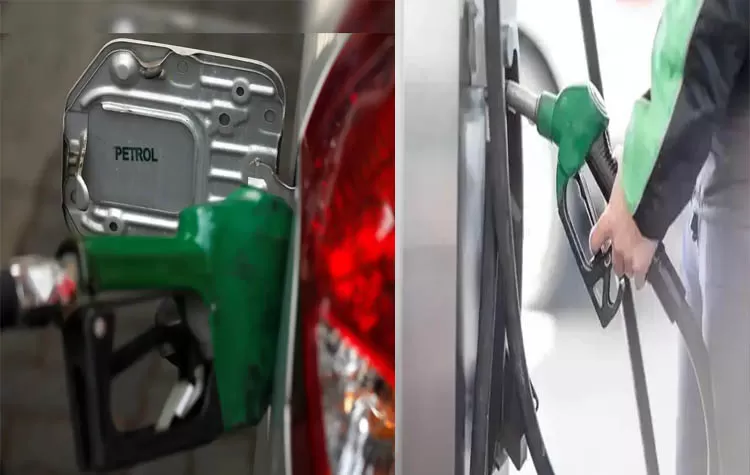
A few viral posts asserted that petrol with 20 % ethanol (E20) is not safe. One of them questioned: "Will E20 fuel decrease the efficiency of older cars? Will it damage driving?" People are concerned in large numbers. To counter this, the central government made a clear statement. The Ministry of Petroleum and Natural Gas clarified these fears. The ministry explained that these concerns are nonscientific.
The ministry clarified that E20 fuel does not cause engine issues. It added that ethanol reduces carbon emissions. It also mentioned that ethanol benefits the rural economy. Because ethanol is less energy-dense than petrol, it reduces mileage slightly. The reduction is extremely small, however. Comparative tests of vehicles driven on normal petrol and on E20 gasoline for 100,000 km showed no differences in engine power, torque, or fuel efficiency. The Automotive Research Association of India, Indian Institute of Petroleum, and Indian Oil Corporation have reported that E20 does not harm engines.
The ministry also used to share economic gains. It stated that India saved ₹1.40 lakh crore in foreign exchange during 2014-2015 through ethanol blending. Farmers were also benefitted: the ethanol procurement scheme put ₹1.20 lakh crore into their pockets and created employment. The ministry further stated that allegations of a hasty or sudden transition to E20 are not true. It stated that the concerned information is available since 2021.
In March this year, the government said public sector oil marketers achieved the goal of blending petrol with 10 % ethanol by June 2022—five months ahead of schedule. Each Ethanol Supply Year (ESY) is from November to October. India had 12.06 % blending in ESY 2022–23, 14.60 % in ESY 2023–24, and 17.98 % in November to February of ESY 2024–25. It reached 19.68 % in February 2025. The initial target was 20 % blending by 2030. In 2022, the government updated that target to the ESY 2025–26 period.
Worldwide, the transport industry is not an easy ride. Fossil fuels are depleting. Crude oil prices fluctuate. Environmental regulations are increasing. Under these circumstances, most countries consider ethanol a feasible alternative fuel. Ethanol provides improved fuel quality and environmental advantages.













